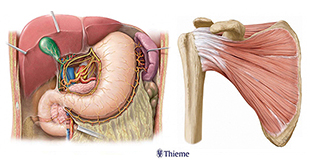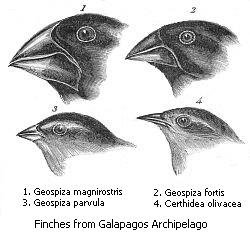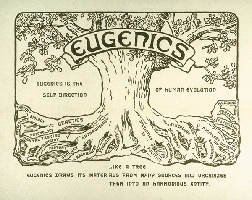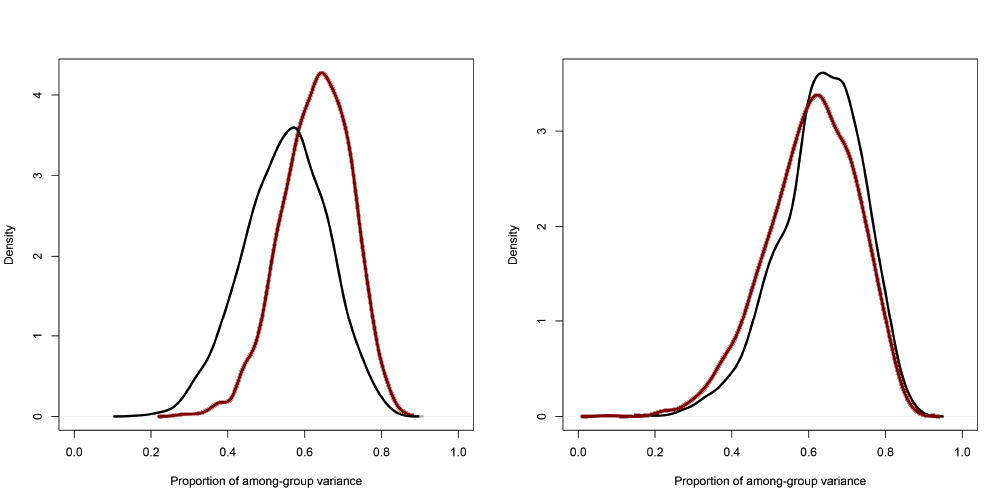 |
COURSES |
| HOME |
PUBLICATIONS |
DATA SETS |
COURSES |
RESEARCH |
|
| |
HUMAN ANATOMY (ANTH/EEB/NURS 250 and 251)
Offered every semester — enrollment: 400 students in 2 lecture & 18 lab sections
Anatomical knowledge is at the core of all medical practice, from nursing to physical therapy to surgery. This course is designed to provide students with a comprehension of essential human anatomy for general knowledge and clinical application. In the course, students explore the basic layout (or bauplan) of the human body, as well as the functions and relationships of the structures of the body. In the course, this is further tied to clinical applications and to disease (pathology). A team of six anatomists and six GTAs rotates the teaching of this course.
Please note: this course includes a laboratory component and utilizes prosected human cadaveric donors in addition to models.
|

|
GENETICS AND ANALYSIS OF QUANTITATIVE TRAITS (EEB 445/545)
Next offered Fall 2026
Organismal phenotypes consist of continuous traits that can be measured quantitatively, such as body size or metabolic rates. In this graduate course you will learn how to use mathematics and theory to model patterns of inheritance and evolution of these traits. Topics include advanced discussion of heritability, evolvability, genetic correlations, the genotype-phenotype map, and gene-by-environment interactions, which may be applied to model organisms and experimental models. Students who take this course should have knowledge of basic population genetics and be familiar with the R programming environment. Please note that while, for example, quantitative trait loci is discussed, this is not a genomic methods course.
|

|
CORE: EVOLUTION (EEB 511)
Next offered Spring 2026
Evolutionary thought forms the foundation of all modern biology. This course introduces graduate students to the fundamentals of evolutionary thought, from population-level dynamics to evolution at the species level and above. Scholars who seek professional degrees in EEB or related disciplines should be conversant in both concepts of evolution (e.g., processes, measurement, and estimation) and how that knowledge was attained. Through readings and in-class discussions, students develop fundamental knowledge and the resources for building on that foundation.
All graduate students in EEB are required to take this course. However, students taking this course do not need to be graduate students in EEB. Some familiarity with evolutionary concepts are beneficial but not necessary to enroll.
|
|
DECONSTRUCTING EUGENICS (EEB/ANTH 575)
Next offered TBD
Humans have long sought to bring about ways to "improve" the traits in their populations (or across the species) through the control of reproduction. Few have had the reach, organization, and impact of the eugenics program introduced in the late 19th and early 20th centuries in North America and Europe. Based on a flawed application of biological thinking, and fueled by pre-existing cultural, racial, socioeconomic, and philosophical biases, the eugenic movement resulted in widespread social engineering, sterilization laws, & ethnic cleansing and genocide. The policies that created these outcomes were drawn up by biologists, psychologists, and anthropologists, as well as eugenical enthusiasts and politicians. Effects of these efforts continue to impact society and eugenic practices continue to be exercised today. This course will focus on understanding the circumstances, individuals, and ideas that brought about eugenics and its implementation, as well as highlight the ways in which these continue to influence modern cultures. A central argument in the course is that eugenic ideals comprised a belief system that operated apart from biological realities in order to satisfy the desires of those who instigated and carried out its aims. Students seeking enrollment should have a background in the fundamentals of evolutionary biology.
|
|
BAYESIAN DATA ANALYSIS FOR NATURAL & SOCIAL SCIENCES (EEB 614 / ANTH 604)
Next offered in Fall 2025
This course qualifies as a Level B course in the Intercollegiate Graduate Statistics Program
This courses provides fundamental theory and application of Bayesian modeling and multivariate statistical modeling. Natural and social science applications are emphasized, along with skills in critical evaluation of research conducted using statistical methods in these fields. While exploratory data sets will be provided, students are strongly encouraged to supply their own research data to facilitate learning. Students enrolled in this course must have competency in the R programming environment.
|
|
| Site design by B.M. Auerbach. Last updated: July 2025 |





